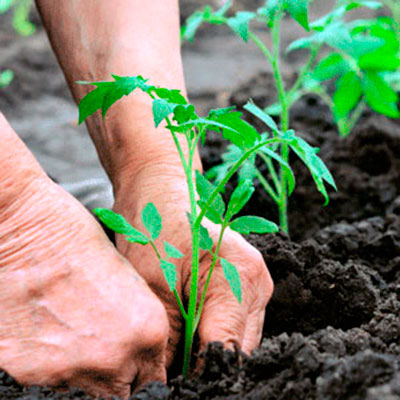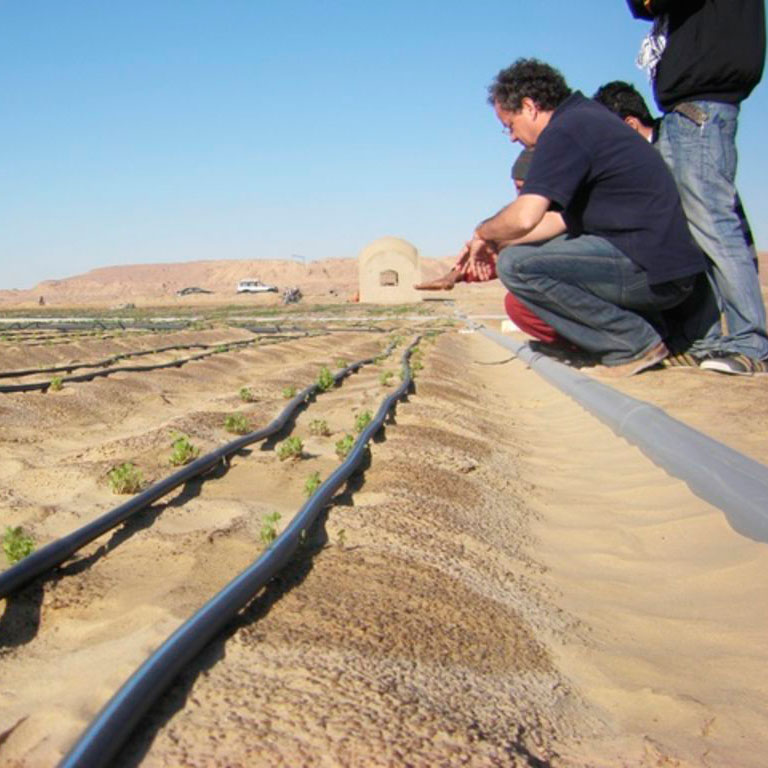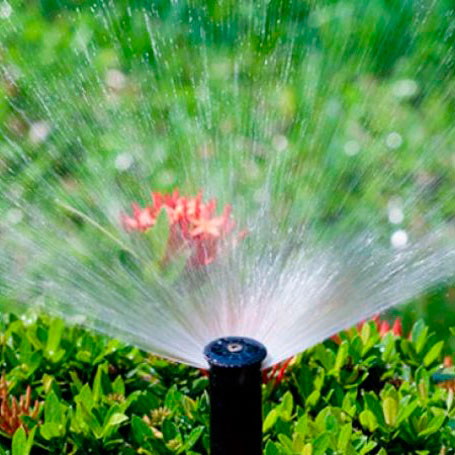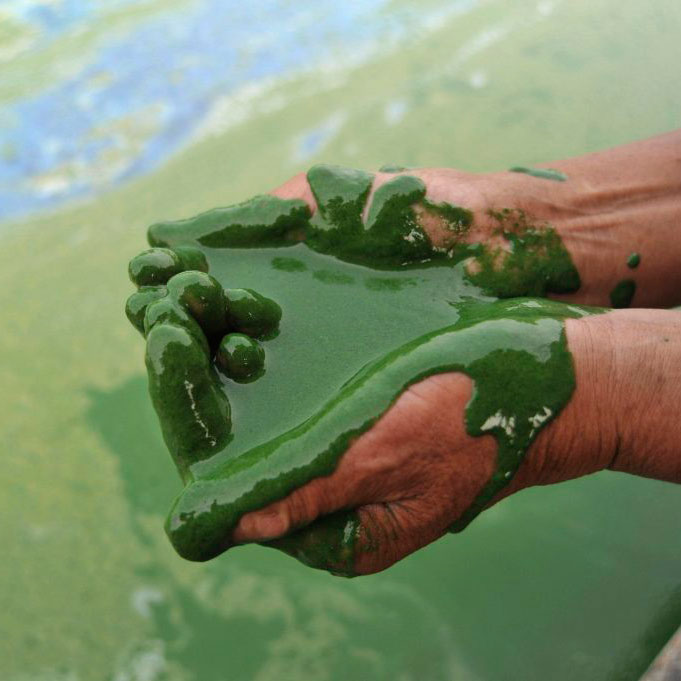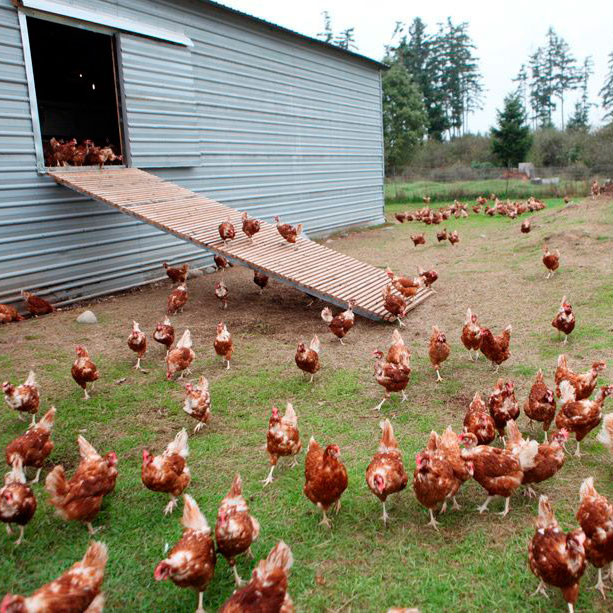Many household cooks may follow basic food-safety specifications. Here are some ideas offered by cleaning services manchester, nh to get ideal kitchen cleanliness and clean appliance exteriors.
How In order to Keep Clean
Yes, a person wash your hands right after using the bathroom plus before handling any foods, and you wash your own utensils and cutting planks in hot soapy drinking water after they've come directly into contact with raw meats. But it's the small things health departments need you to pay interest to.
Trim Your Finger nails
Even if you clean both hands, untrimmed finger nails, which 28 percent associated with respondents said they got, can transmit bacteria. Whilst you're at it, get rid of jewelry before prepping foods, as well.
Wipe!
One more 26 percent reported that will they didn't clean cupboards. Dust your cabinets, each inside and out, frequently to keep them free of charge of bacteria-laden dust.
Substitute That Sponge!
Sponges are usually notorious for being the particular germiest item in your own kitchen, otherwise your home. You can sanitize your own sponge daily by cooking food it in hot drinking water for 5 to ten minutes, or swap individuals out for reusable dishrags that you can substitute daily and wash upon high temperature in your own laundry (save money simply by repurposing old T-shirts since dishrags).
Scrub The Countertop
Countertops should be sanitized before cooking and correctly maintained
Avoid Cross-Contamination
Inside your Grocery Bags
Keep uncooked meats away from ready-to-eat foods and vegetables whilst you're buying food from the grocery store or even farmer's market.
In The particular Refrigerator
Store raw meat below all other foods in your refrigerator.
Upon The Cutting Board
A person might already do this particular, but it bears saying again: Use separate cutting planks for meats as properly as for produce.
Just about everywhere Else
A really standard food-safety mistake produced by grillers is using the exact same plate that held uncooked meats to serve prepared burgers or grilled poultry. Use separate plates, or even guarantee the plate will get thoroughly washed between keeping raw and cooked meat.
Take Your Fridge's Temperature
Thirty-six percent of people didn't have a functioning thermometer in their fridge. For optimal food protection, buy a special fridge thermometer (you can get all of them at pretty much any kind of hardware store). Or place a food thermometer within a glass of water within the middle shelf, where the particular air temperature is many accurate. Leave it right now there overnight and take the reading each morning. This should be at forty degrees for both foods safety and to conserve energy (any colder is just not protect your meal and this just drains your period bill).
De-Clutter
Twenty-three % of people overstuffed their particular refrigerator. Refrigerators do function better when they're complete than when they're bare, but you should keep adequate space around foods to let air move properly, according to the particular USDA.
Organic Farming Good Food For All

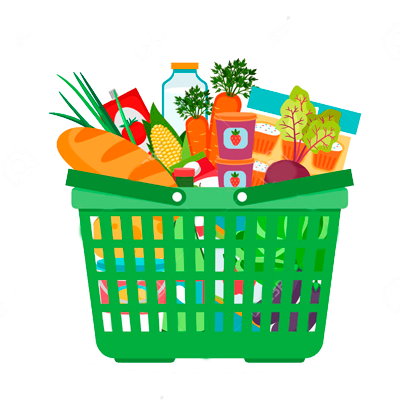
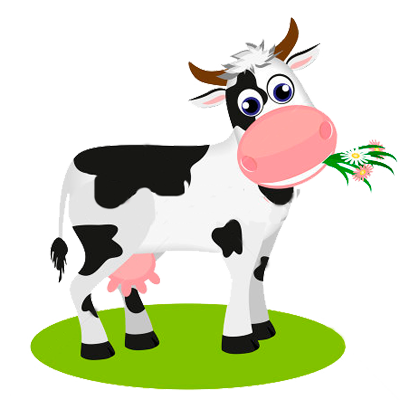
Organic farming is another agricultural system that originated early in the 20th century in response to quickly changing farming techniques. Organic farming has been developed by several organic farming associations now. It depends on fertilizers of natural source like compost manure, green manure, and bone meal and puts emphasis on techniques like crop rotation and companion planting. Biological pest management, mixed cropping as well as the boosting of insect predators are all encouraged. Generally, organic standards are made to permit the utilization of naturally occurring compounds while banning or limiting synthetic materials. For example, naturally occurring pesticides like pyrethrin and rotenone are allowed, while artificial pesticides and fertilizers are usually prohibited. Synthetic substances which are permitted include, as an instance, aluminum sulfate, elemental sulfur and Ivermectin. Reasons for advocation of organic farming include benefits in sustainability, openness, self-sufficiency, autonomy/independence, wellness, food safety, and food security.
Kitchn | Inspiring cooks, nourishing homes
Inspiring cooks, nourishing homes-
Costco Added a "Delicious" Mini Bakery Item That Has Shoppers Excited
Shoppers are saying it’s the best dessert...
-
The Only Chocolate Cake I’ll Ever Make for My Daughter’s Birthday
Chocolate + peanut butter forever....
-
The Key to the Best Pad Thai Is One Unexpected Ingredient
“It’s the best I’ve ever had,” says everyone...
-
The Big Problem with Meal Prepping That No One Talks About (And Is Costing You Money!)
You may think you’re getting ahead — but...
-
I Tried and Ranked 10 Hostess Snacks — And the “Secretly Delicious” Winner Shocked Me
No, it's not Twinkies....
Fresh N Lean
Meal Prep Delivery Service-
Fitness That Sticks: Crafting a Workout Routine That Lasts All Year
Keep your New Year’s resolution all year (and
... -
Preparing for the New Year: Let’s Get R.E.A.L. About Resolutions
Get where you want to be with a plan backed
... -
How To Avoid Weight Gain And Still Enjoy The Holidays
You don’t have to completely avoid the “bad
... -
Sweet Without The Sugar: 13 Healthier Sugar Alternatives
Making healthy swaps is easy when you have
... -
7 Ways To Stay Health This Flu Season
The holiday season is full of drinks,
...
Blue Sky Organic Farms
Family Run. Locally Grown. Organic Food.-
Sunshine Spiralized Beet Salad
The post ...
-
Broccoli, Cauliflower & Brussel Sprouts Gratin
The post ...
-
Honey Roasted Rainbow Carrots & Brussel Sprouts
The post ...
-
Broccoli Feta Fritters
The post ...
-
Mediterranean Celery & Olive Salad
The post ...


